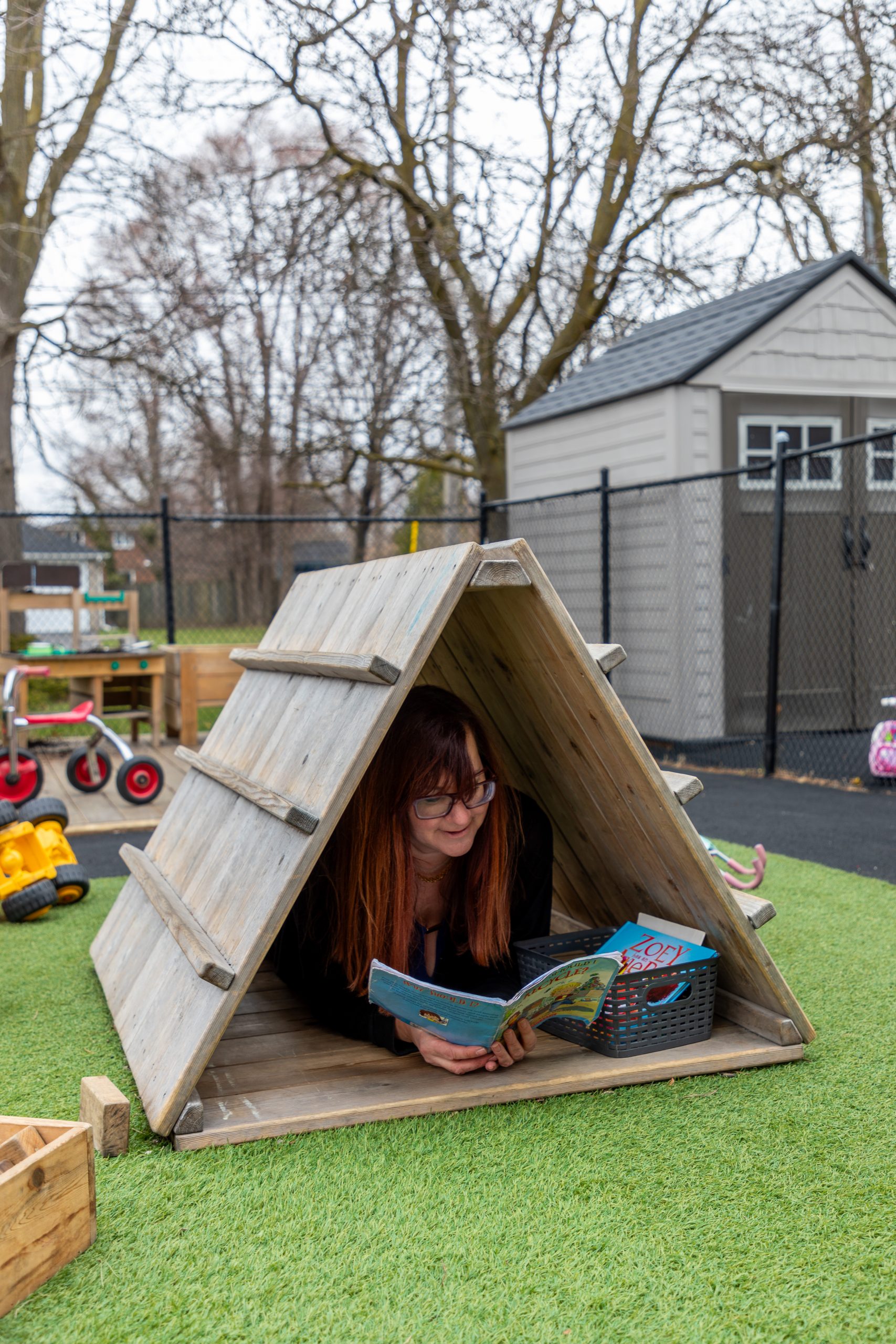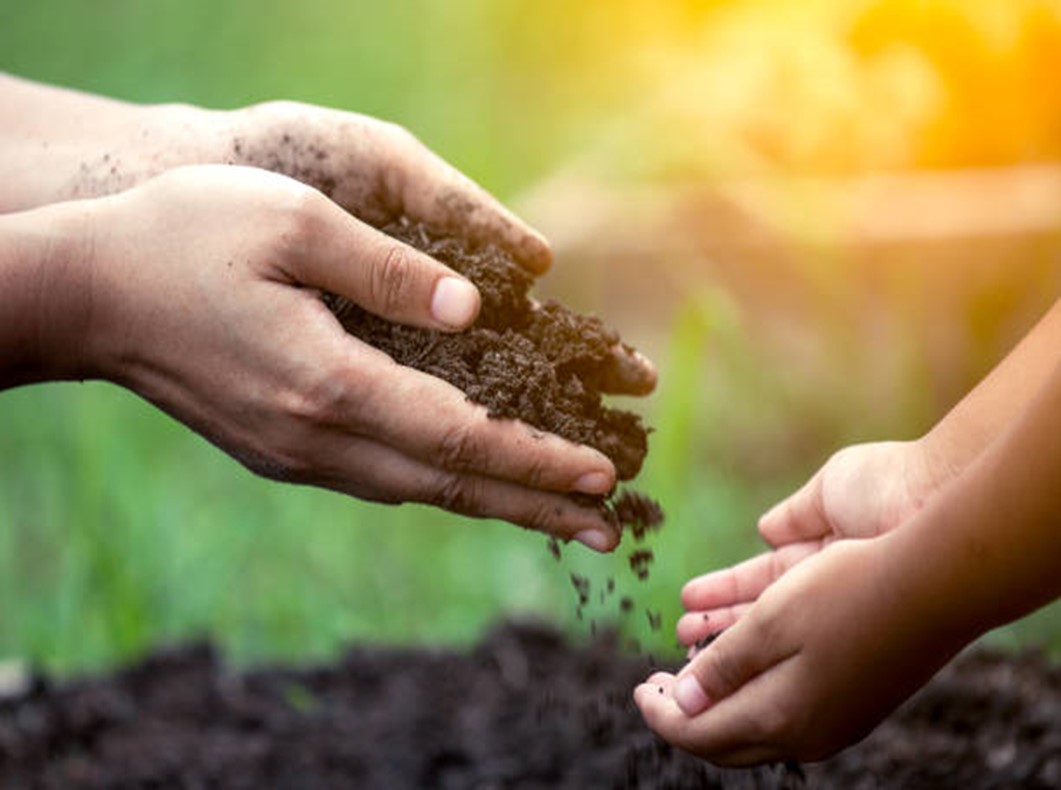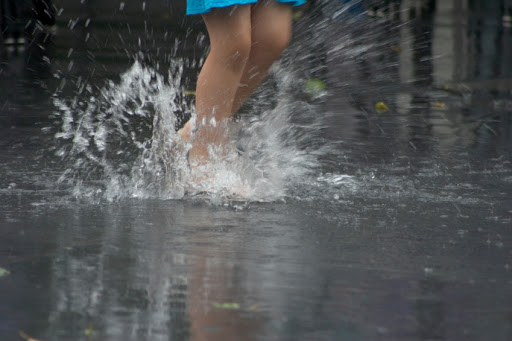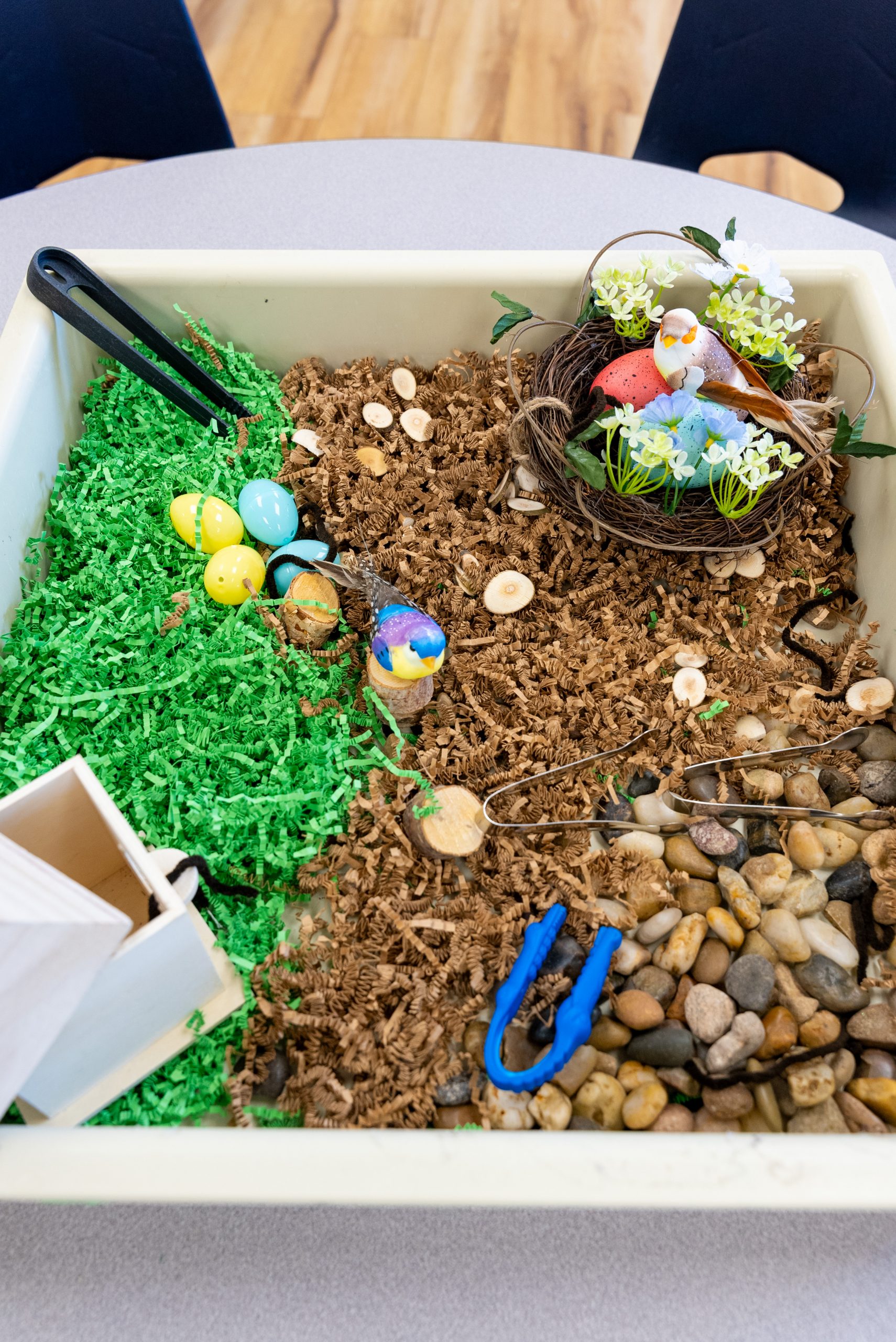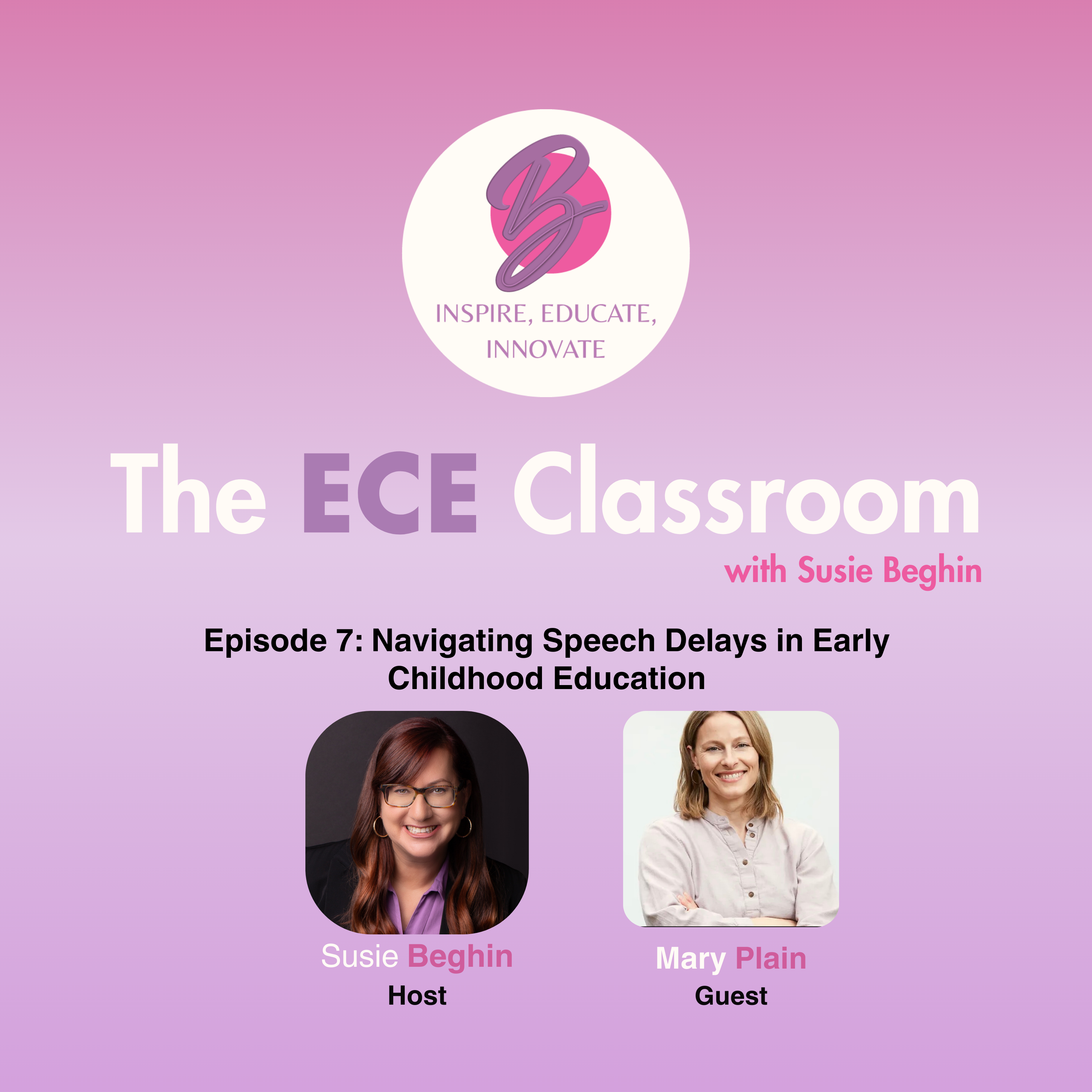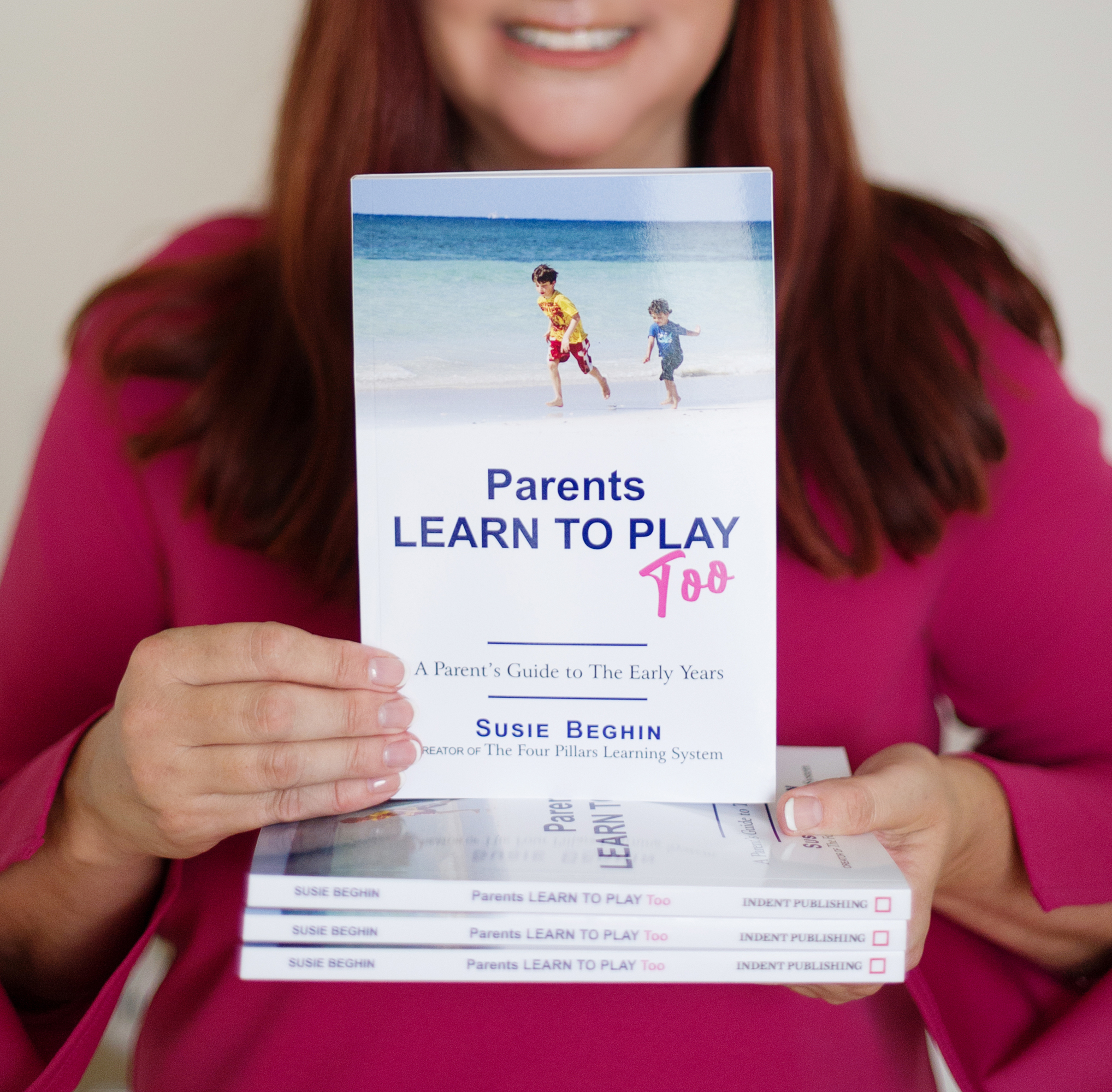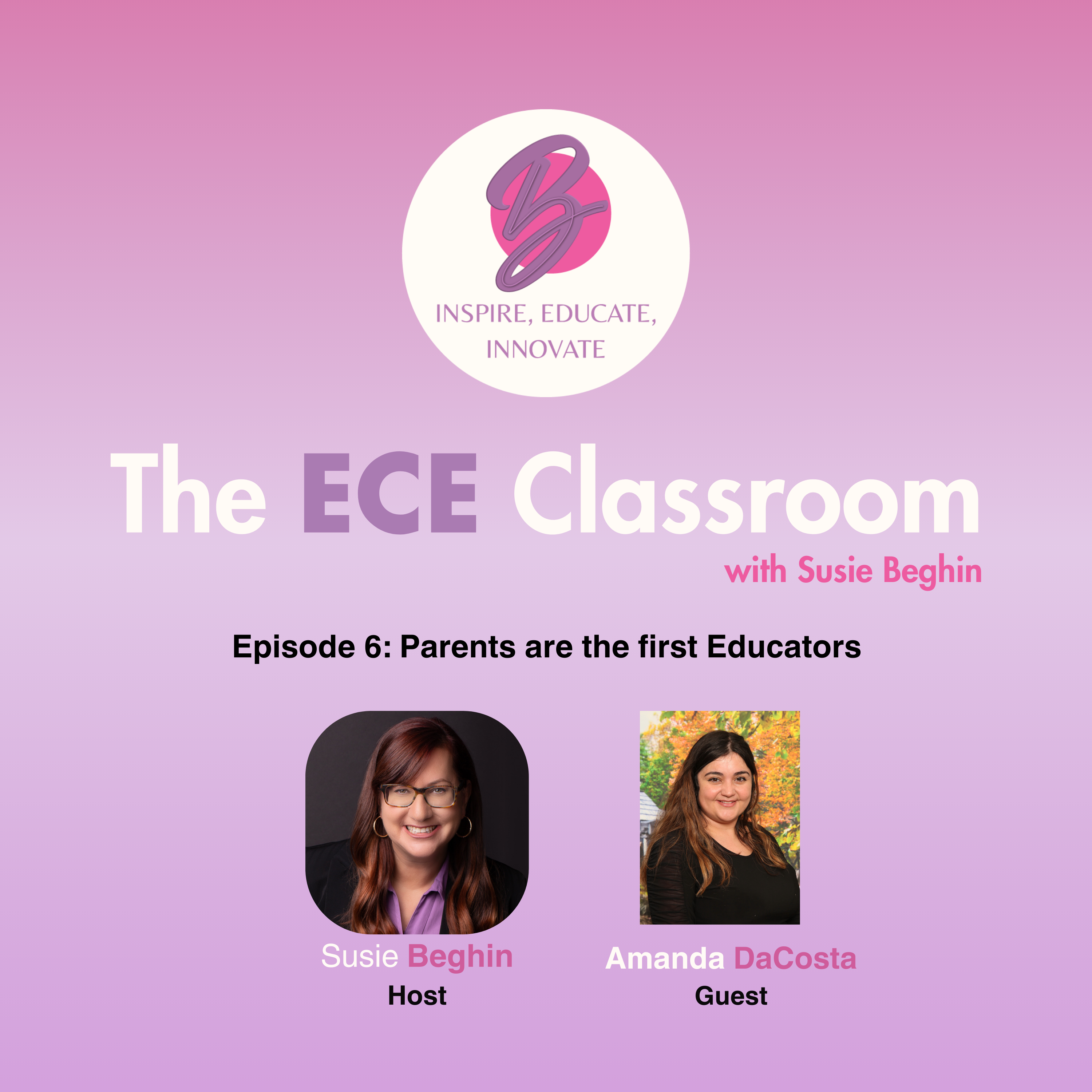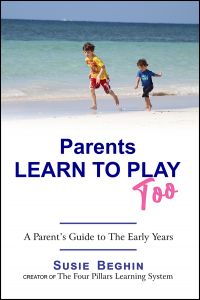Travel Tips for Moms of Kids Under 6: Surviving (and Enjoying!) the Journey
Travel Tips for Moms of Kids Under 6: Surviving (and Enjoying!) the Journey
Traveling with small children can feel like packing for a three-day hike just to visit Grandma — but with the right tips, you can trade the stress for smoother travel and even make some sweet memories along the way.
Whether you’re taking to the skies or hitting the road, here are mom-approved travel tips to keep your little ones happy and you (mostly) sane.

5 Airplane Travel Tips with Small Kids
Flying with toddlers or preschoolers? Deep breaths, mama — you’ve got this.
- Pick Flight Times Wisely
Aim for flights during nap time or early in the day when kids are at their best. Avoid red-eyes unless your child is a guaranteed sleeper.
- Bring All the Snacks (and Then Some)
Snacks are the ultimate distraction. Think: dry cereal, cut-up fruit, granola bars, crackers, and pouches. Bonus: chewing and swallowing during takeoff helps with ear pressure.
- Pack a Busy Bag
Fill a zippered pouch with:
- Sticker books
- Mini coloring pads
- Favourite small toys
- “Busy” activities
You can make your own “busy bag” activities. Click here for video ideas on what to include.
- Use Pull-Ups Even If They’re Potty Trained
Accidents happen when you’re in line for boarding or mid-air. No shame in being prepared.
- Bring a Lightweight Stroller or Baby Carrier
Gate-check a stroller and wear your child if needed. It makes airport transitions smoother and gives you a safe spot for them to rest.

5 Road Trip Travel Tips with Small Kids
Road trips with kids = flexibility, snacks, and a good playlist.
- Leave Early or Drive During Nap Time
Early morning or right before nap can give you some peaceful drive time. I love those 4 am drives when no one is on the road! If you child likes to sleep in the car, overnight driving is an option!
- Plan for Frequent Stops
Stop every 2–3 hours to stretch little legs, run around, and get some energy out.
- Backseat Entertainment
Use a lap tray or cookie sheet for coloring, magnet games, or even playdough (if you’re brave!).
- Create a “Car Activity Box”
Rotate a few new toys or books every hour to keep things fresh. Think busy bag! Click here for video ideas on what to include.
- Pack Essentials Within Reach
Have a bag within arms reach with:
- Wipes
- Extra clothes
- Snacks
- Water bottles
- Favorite comfort item

General Travel Tips for Any Trip with Kids Under 6
These tips work no matter where you’re headed:
- Prep Your Child in Advance
Use books or pretend play to explain what’s going to happen. “First we drive… then we wait in line… then we fly in the airplane…” You can role play this through pretend play in advance so there are no surprises.
- Lower Expectations
Don’t expect to do everything on your itinerary. Keep it simple, flexible, and follow your child’s lead.
- Stick to a Loose Routine
Try to maintain a nap and meal rhythm — even if it’s off by an hour or two — to help kids feel secure.
- Pack Smart (Not Just More)
Less is more when you’re juggling a toddler. Choose multi-purpose items, like:
- A large scarf (blanket, shade cover, nursing cover)
- Wet bags (for dirty clothes or garbage)
- Reusable water bottles and snack containers
- Don’t Forget You
Pack snacks, headphones, and something just for you — even if it’s a podcast or your favorite gum. You matter too, mama.
Traveling with young kids isn’t easy — but it’s worth it. The giggles in the backseat, the joy of seeing a new place through their eyes, the sweet snuggles on a plane — these moments become the memories that last.
And when things go sideways (because sometimes they do), remind yourself: You’re doing an amazing job.
Transforming the Outdoors into a Classroom: Learning Beyond the Walls
Transforming the Outdoors into a Classroom: Learning Beyond the Walls
“There’s no Wi-Fi in the forest, but you’ll find a better connection.”
In early childhood education, we often talk about environments as the third teacher—and the great outdoors is one of the most powerful and overlooked classrooms of all.
When you step outside, learning becomes multi-sensory, meaningful, and full of real-world connections. Here’s how you can create rich educational experiences outdoors using four key learning zones: art, physical activity, sensory play, and literacy.

🎨 Outdoor Art: Nature as the Canvas
Art outside isn’t just about painting under the sun—it’s about using nature itself as the medium. Set up an outdoor art station with clipboards, natural paintbrushes (sticks, pine branches, leaves), and washable paints. Children can draw what they see, mix colors with mud, or create land art using stones, twigs, and petals.
Why it matters:
Outdoor art fosters creativity, fine motor skills, and encourages children to observe and appreciate their surroundings. It’s process-focused, messy, and completely magical.
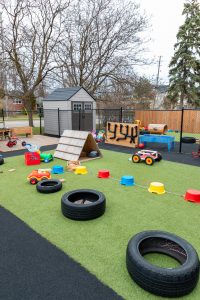
🏃♀️ Physical Activity: Learning Through Movement
Gross motor development is foundational in early childhood, and your outdoor space is the perfect arena for movement. Set up an obstacle course with logs, balance beams, tires, and tunnels. Let kids run, jump, climb, and crawl.
Why it matters:
Physical activity supports coordination, balance, spatial awareness, and builds confidence. And when children move their bodies, they’re also strengthening their brains.
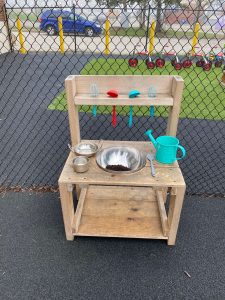
🧼 Sensory Play: Engaging the Whole Body
Think mud kitchens, water tables, sand pits, and bins filled with leaves or pinecones. Sensory play outdoors allows for bigger messes and bigger discoveries. In our outdoor classroom, our mud kitchen is always busy—stirring, pouring, and inventing recipes and potions using mud, sticks and stones.
Why it matters:
Sensory play promotes exploration, early science concepts, and language development. It also supports emotional regulation and collaborative play.
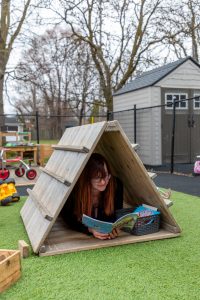
📚 Literacy: Reading and Storytelling Under the Sky
Books don’t belong only inside. Set up a cozy tent or shady nook with pillows and a bin of books. Children can listen to stories, flip through picture books, or even act them out using props they find in nature.
Why it matters:
Outdoor reading connects literacy to the real world. When a child reads about a bird and then spots one overhead, comprehension becomes real. Language and storytelling blossom when children are surrounded by inspiration.
Final Thoughts
An outdoor classroom isn’t just a trend—it’s a return to what children need: space, fresh air, and natural curiosity. By thoughtfully including areas for art, physical activity, sensory play, and literacy, you’re creating a whole-child learning experience that goes far beyond worksheets and screens.
Let the outdoors be your co-teacher—because real learning doesn’t always happen at a desk.
A Guide to Gardening with Kids: Growing More Than Just Plants!
A Guide to Gardening with Kids: Growing More Than Just Plants!
If you’ve ever handed a toddler a watering can, you know the magic that happens when kids get their hands in the dirt. Gardening isn’t just about growing veggies or pretty flowers—it’s about growing curious minds, responsible little humans, and hands-on learners.

Why Garden with Kids?
Gardening offers powerful learning moments that offer hands-on inquiry, discovery, and STEAM exploration. Here’s what kids really get when they garden:
🧠 Science Smarts
From seed to sprout, kids learn about lifecycles, weather, insects, and ecosystems—STEAM learning in real life!
💪 Fine & Gross Motor Skills
Digging, scooping, and planting help build coordination and strength.
❤️ Responsibility & Patience
Caring for a plant teaches kids that growth takes time, effort, and a whole lot of love.
😌 Mindfulness & Sensory Play
Gardening is calming and full of rich sensory experiences—from soft petals to the squish of soil.
Easy Gardening Ideas for Kids
You don’t need a backyard or fancy tools to start! Try these:
🌼 Container Garden
Plant herbs or flowers in a small container with a little soil. Place it on a sunny windowsill and watch the magic begin.
🥕 Root Veggie Re-Grow
Use kitchen scraps like carrot tops or green onions in shallow water and watch them regrow.
🪴 Gardening Sensory Bin: Dig Into Discovery!
Not quite ready for a full garden? Create a Gardening Sensory Bin that brings the outdoors in—perfect for toddlers and preschoolers!
What You’ll Need:
- A shallow bin or container
- Soil (avoid potting soil with fertilizer unless you plan to use gloves)
- Small faux or real flowers
- Mini gardening tools or spoons
- Toy bugs, worms, and seeds
- Small pots or cups
- Water spray bottle and/or watering can
How to Play:
Let your child dig, plant, scoop, and explore. Encourage pretend play like planting flowers, watering them, or finding worms in the soil. Ask open-ended questions:
💬 “What do you think this bug eats?”
💬 “How can we help this flower grow?”
Why It’s Great:
This bin is loaded with sensory play, language development, fine motor practice, and imaginative exploration—all wrapped up in one fun activity.
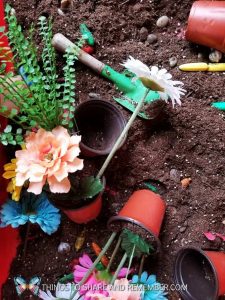
Tips for a Successful Garden Experience
- Let kids take the lead—even if it gets messy. It’s their garden too!
- Talk about what you’re doing and ask questions: “What do you think this seed needs to grow?”
- Celebrate small wins: “Look! A sprout!”
Final Thought
Gardening with kids isn’t just an activity—it’s a moment of connection, a spark of wonder, and a hands-on way to raise curious, confident little learners. Whether you’re growing basil in a jar or digging up potatoes in the backyard, you’re planting seeds of learning and love.
April Showers Bring May Flowers: Rainy Day Play Ideas for Toddlers
April Showers Bring May Flowers: Rainy Day Activity Ideas for Toddlers
April’s rainy days don’t have to mean boredom for your little ones! While the wet weather may keep you indoors, it also provides the perfect opportunity to engage in fun and educational activities with your toddler. Here are some playful and enriching ways to make the most of rainy days while supporting your child’s learning and development.
- Indoor Obstacle Course 🏃♀️
Turn your living room into an exciting adventure course! Use pillows, chairs, cardboard boxes, and blankets to create a safe obstacle path. Crawling through boxes, jumping over cushions, and balancing on a tape line can enhance gross motor skills and coordination while keeping toddlers active indoors.
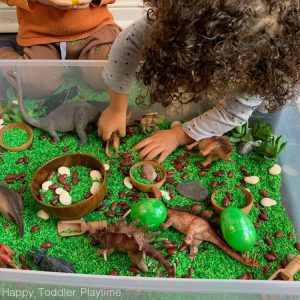
- Sensory Bin Fun 🌈
Bring a little bit of nature inside with a rainy-day sensory bin. Fill a plastic container with items like water beads, rice, or kinetic sand and add toy animals, measuring cups, and scoops for hands-on exploration. Sensory play helps with fine motor skills and cognitive development, while also providing a calming experience.
- DIY Rain Art 🎨
Take advantage of the rain by creating a fun science-meets-art activity! Let your child color on coffee filters with washable markers, then place them outside in the rain for a few moments to watch the colors blend and swirl. Once dry, you’ll have a beautiful, one-of-a-kind piece of art to display.

- Storytime Fort 📚
Build a cozy reading nook using blankets and pillows, then snuggle up for a storytelling session. Choose books with a rainy-day theme, such as The Rainy Day by Anna Milbourne or Raindrop, Plop! by Wendy Cheyette Lewison. Storytime helps build language skills, comprehension, and imagination.
- Bake Together 🍪
Turn your kitchen into a mini baking studio! Simple recipes like banana muffins or homemade granola bars offer a fun and tasty way to teach early math and science skills through measuring, mixing, and pouring. Plus, baking together encourages patience and following instructions.

- Puddle Play (With Proper Gear!) ☔
If the rain isn’t too heavy and it’s safe to go outside, embrace the weather! Dress your little one in rain boots and a waterproof jacket, then go outside for some good old-fashioned puddle jumping. This activity strengthens motor skills and allows for a fun sensory experience while enjoying nature’s wonders.
- Indoor Picnic 🧺
Bring the fun of an outdoor picnic inside! Lay out a blanket in your living room and enjoy lunch in a new setting. Pretend play like this fosters creativity and imagination while making mealtime more exciting.

- Water Play in the Sink 💦
If your child loves playing with water, set up a “kitchen sink ocean.” Fill the sink with warm water, add some floating toys, cups, or a small colander, and let them explore pouring and splashing. Water play is a great way to encourage problem-solving and sensory exploration.
Final Thoughts 🌟
Rainy days don’t have to be dreary! With a little creativity, they can become magical opportunities for exploration, discovery, and connection. Whether you’re jumping in puddles, baking together, or enjoying a cozy book nook, these activities will keep your toddler engaged, learning, and having fun—rain or shine!
Follow Susie Beghin on Instagram or visit her website for more activity Ideas.
About the Author
Susie Beghin – Early Childhood Education Expert & Creator of the Raising Bright Early Learners System
Susie Beghin is a Registered Early Childhood Educator (RECE), author, and early childhood education thought leader dedicated to helping parents and educators give young children the best start in life. As the founder of the Raising Bright Early Learners System, Susie has developed a comprehensive program designed to empower stay-at-home moms and caregivers with the tools and confidence to provide high-quality early learning experiences at home.
With 20+ years of experience as a daycare owner and Founder of Alpha’s Discovery Kids Preschool and Daycare, and mom of a child with ADHD/autism, Susie understands the challenges parents face when it comes to early childhood education. Her expertise in STEAM-based learning, play-based education, and child development has allowed her to create a system that is both accessible and impactful for parents looking to nurture their child’s curiosity and cognitive growth.
Through her book, Parents Learn to Play Too, her popular ECE Classroom podcast, and hands-on training programs, Susie bridges the gap between professional early childhood education and practical, everyday parenting. The Raising Bright Early Learners System is built on the principles of inquiry, discovery, and exploration, helping parents create engaging learning environments that spark a lifelong love of learning in their children.
Whether through social media content, workshops, or personalized coaching, Susie is committed to making early learning simple, fun, and effective for families everywhere. Join her mission to raise bright early learners and feel confident in your child’s learning journey from the very start!
4 Easy Spring Sensory Play Ideas for Toddlers and Preschoolers
4 Easy Spring Sensory Play Ideas for Toddlers and Preschoolers
by Susie Beghin
Spring is a magical time for young children. The world is waking up, flowers are blooming, and new life is sprouting everywhere. It’s the perfect season to engage kids in sensory play — helping them explore the world through touch, smell, sight, sound, and even taste! Sensory play encourages discovery and inquiry, building essential skills like fine motor development, problem-solving, and language growth.
In this blog, I’ll share some fun and easy spring sensory play ideas, including creative gardening activities to get your little ones excited about the season.

🌱 1. Planting and Gardening Sensory Bins
Gardening is one of the best hands-on sensory experiences for kids. The feel of soil between their fingers, the smell of fresh herbs, and the sight of tiny green shoots create a rich sensory experience.
What You’ll Need:
- A shallow bin or tray (or sensory bin)
- Potting soil
- Small plastic pots
- Small gardening tools (like a spade or trowel)
- Seeds (like beans, sunflowers, or herbs)
- Small flowers
- Watering Can
How to Do It:
- Fill the bin with soil and let your child dig and explore.
- Encourage them to plant seeds and cover them with soil.
- Let them use a spray bottle to water the seeds.
- Observe how the seeds begin to sprout over the next few days.
Learning Boost: Talk about what plants need to grow (sunlight, water, soil) and introduce simple science terms like “germination.”
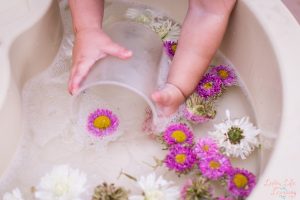
🌸 2. Flower Petal Sensory Soup
This colorful activity combines touch, sight, and smell for a multi-sensory experience.
What You’ll Need:
- A shallow bin, bowl or tray (or sensory bin)
- Water
- Flower petals (real or fake)
- Spoons, ladles, and small cups
How to Do It:
- Fill the bowl with water and add the flower petals.
- Let your child stir, scoop, and pour the “soup.”
- Encourage them to describe how the petals feel and smell.
Learning Boost: Introduce color names and texture words like “soft,” “smooth,” and “fragrant.”

🌼 3. Mud Kitchen
Let your child engage in messy play by creating a “mud kitchen” outdoors.
What You’ll Need:
- Dirt
- Water
- Old pots, pans, and kitchen utensils
- Leaves, grass, and flowers
How to Do It:
- Set up an outdoor play area with mud and kitchen tools.
- Encourage your child to mix mud “recipes” using leaves and flowers.
- Let them squish, mold, and pour the mud to create different textures.
Learning Boost: Discuss the difference between wet and dry mud and how adding water changes the texture.
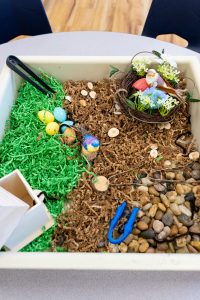
🦋 4. Birds Exploration
Spring is a busy time for birds as they make their nests! Encourage kids to observe and explore these creatures and then create a bird sensory exploration indoors.
What You’ll Need:
- Shredded paper (green and brown)
- Bird’s nest and or bird house (you can make the nest or house as a craft activity with pieces of twigs or buy it from the dollar store)
- Toy birds
- Small toy eggs (plastic)
- Feathers
- Wood pieces (twigs and small wood cutouts)
- Brown yarn cut in small pieces (worms)
- Tweezers
How to Do It:
- Arrange a combination of green and brown paper on the bottom of the bin. Place the house and nest in the bin.
- Scatter the yarn worms around the paper and hide some underneath the “grass”.
- Place the eggs in the nest as well as the birds.
- Encourage your child “feed” the birds by using the tweezers to pickup the worms and feed them to the birds.
- Encourage open-ended play with your bird habitat.
Learning Boost: Discuss how birds make nests and take care of their young.
🌷 Why Sensory Play Matters
Spring sensory play helps children develop:
✅ Fine motor skills (through digging, pouring, and stirring)
✅ Language skills (by describing textures and smells)
✅ Cognitive growth (by observing plant growth and understanding natural cycles)
✅ Emotional regulation (sensory play is calming and helps reduce stress)
Spring is the perfect time to encourage discovery and exploration through sensory play. These simple but meaningful activities will spark your child’s natural curiosity and help them connect with the world around them.
For more ideas like this, visit YouTube !
7 Valentine’s Day-Themed Activities for Preschoolers
Love, Learning, and Little Hands: 7 Valentine’s Day-Themed Activities for Preschoolers
February is the perfect time to blend love and learning with engaging, hands-on activities. Learning through play fosters curiosity, creativity, and confidence in young children. This blog will explore STEAM, fine motor, sensory, literacy, and math activities—all with a Valentine’s Day twist!
STEAM Exploration: Science

1. Fizzing Heart Science
- Materials: Baking soda, water, vinegar, heart-shaped cookie cutters, food coloring
- Exploration: Mix baking soda with pink/red colored water, shape it into hearts using the cookie cutter. Let it dry and then drop it on a plate of vinegar and watch it fizz!
- Learning: Introduces simple chemical reactions and cause-and-effect.
2. Floating Hearts – A Surface Tension Experiment
- Materials: Dry-erase markers, white ceramic plate, water, straw or spoon
- Exploration: Draw small hearts on the plate with a dry-erase marker. Slowly pour a small amount of water onto the plate. Watch as the hearts lift off and float! Use a straw or spoon to gently move them around.
- Learning: Introduces kids to surface tension and water resistance. Encourages observation and prediction in a fun, hands-on way.
Fine Motor Fun: Strengthening Little Hands

3. Heart Threading Garland
- Materials: Yarn, hole-punched paper hearts, plastic needle
- Exploration: Encourage kids to thread paper hearts onto yarn to create a festive garland.
- Learning: Develops hand-eye coordination and fine motor control.
4. Valentine’s Day Playdough Invitation
- Materials: Pink/red playdough, heart-shaped cookie cutters, buttons, beads
- Exploration: Let kids press, roll, and shape the dough into fun Valentine’s-themed designs.
- Learning: Supports creativity and strengthens finger muscles for pre-writing skills.
Sensory Play: Engaging the Senses

5. Valentine’s Sensory Bin
- Materials: Dyed rice (red/pink) or pink/red shredded paper, heart-shaped objects, foam hearts, scoops, small containers
- Exploration: Let kids scoop, pour, and sort items in the bin.
- Learning: Encourages sensory exploration, sorting, and fine motor skills.
Literacy and Math Exploration
6. Heart Letter-Matching Game
- Materials: Paper or foam hearts with uppercase and lowercase letters
- Exploration: Cut hearts in half with one side having the uppercase letter and the other half with the matching lowercase letter. Kids match uppercase and lowercase letters to complete the heart.
- Learning: Reinforces letter recognition and early literacy.
7. Counting Hearts Game
- Materials: Paper hearts with numbers, small manipulatives (pom-poms, beads)
- Exploration: Children place the correct number of manipulatives on each numbered heart.
- Learning: Develops number sense and one-to-one correspondence.
Incorporating Valentine’s Day into learning offers a great opportunity to foster inquiry, discovery, and exploration at home. These activities make learning fun and meaningful while strengthening early childhood skills. This is a great way to embrace playful learning and enjoy quality time with your little ones.
Winter Activities for Kids: 10 Fun Ways to Explore, Discover, and Learn This Season
Winter Activities for Kids: 10 Fun Ways to Explore, Discover, and Learn This Season
Winter is a magical time for kids, with snowflakes swirling, frost on windows, and a chill in the air. But it can also be a challenging time for parents and caregivers in cold climates, as kids are often cooped up indoors. However, winter offers endless opportunities for fun, exploration, and learning—both indoors and outdoors. Here are 10 engaging winter activities that encourage inquiry, discovery, and creativity.
Outdoor Winter Activities
- Snow Painting Bring out your child’s inner artist by filling spray bottles with colored water (just a few drops of food coloring mixed with water) and letting them paint the snow. This activity is not only fun but also encourages creativity and fine motor skills.
- Frozen Nature Hunt Head outside with a basket and search for natural items like pinecones, twigs, and leaves. Bring them home and place them in a shallow tray filled with water. Leave the tray outside to freeze overnight, creating a nature-themed ice sculpture. This is a great way to spark curiosity about the changing seasons. Take out a small hammer and a spray bottle with warm water and have your child try to get the items out of the ice!
- Bird Feeder Craft Make a simple bird feeder using pinecones, peanut butter, and birdseed. Hang the feeders outside and watch as winter birds come to visit. This activity promotes an interest in wildlife and nature.
Indoor Winter Activities
- DIY Snow Globes Help your child make their own snow globe using a clear jar, water, glitter, and small figurines. This craft activity enhances creativity while also teaching basic science concepts about liquids and solids.
- Snowflake Symmetry Art Cut out paper snowflakes and use them to teach kids about symmetry. Once the snowflakes are cut, let them decorate each half with different colors or patterns to highlight their symmetrical design.
- Winter-Themed Story Time Cozy up with a blanket and read winter-themed books together. Follow up the reading session with a creative storytelling activity where kids make up their own winter adventure. Storytelling helps develop language skills and imagination.
Sensory Winter Play
- Indoor Snow Play Bring the snow indoors by filling a large bin with clean snow. Add small toys, scoops, and containers for sensory play. If you don’t have snow, you can create fake snow using baking soda and water and freeze it until it is the consistency of snow.
- Frozen Treasure Hunt Freeze small toys or objects in a block of ice, then let your child “excavate” them using warm water, droppers, and small tools. This is a fun way to build fine motor skills and introduce basic science concepts like melting and temperature.
- Winter Sensory Bin Create a sensory bin with cotton balls, white pom-poms, and small winter-themed toys. Add scoops, tongs, and containers for kids to explore textures and practice their fine motor skills.
Winter STEM Challenges
- Marshmallow Igloo Building Provide mini marshmallows and toothpicks for kids to construct their own igloos. This hands-on activity encourages engineering skills and spatial thinking.
Winter is a season full of possibilities for learning through play. By encouraging kids to explore the world around them—even when it’s cold outside—you nurture their natural curiosity and creativity. Whether it’s experimenting with snow, exploring nature or crafting unique snowflakes, these activities create lasting memories while supporting your child’s development.
So bundle up, gather some supplies, and let the winter fun begin!
For more winter activities, subscribe to Susie Beghin’s YouTube channel or follow on Instagram or Facebook.
Navigating Speech Delays in Early Childhood Education
The ECE Classroom – Episode 7- Navigating Speech Delays in Early Childhood Education
by Susie Beghin, RECE, Founder of Alpha’s Discovery Kids
In a recent episode of the ECE Classroom Podcast, I had the pleasure of speaking with Mary Plain, a dedicated speech and language pathologist from Hello Speech. Together, we explored some of the most important aspects of speech and language development in early childhood education. Our conversation was filled with valuable insights for parents, educators, and speech therapists alike, including early identification of speech delays, the benefits of intervention, and practical strategies for supporting young children’s language development.
Why Early Identification of Speech Delays Matters
One of the primary topics we covered was the critical importance of identifying speech delays early. Mary highlighted that some signs of speech and language delays can start to show as early as 18 months. When caught early, these delays are more easily addressed, often preventing potential difficulties down the road in both communication and academics. Early childhood is a crucial period of brain development and language acquisition, so recognizing and addressing delays early on can make a big difference in a child’s ability to thrive.
As educators and parents, we’re often in the best positions to observe these early signs, which makes understanding what to look for essential. Noticing if a child has limited vocabulary, difficulty following instructions, or struggles with using gestures to communicate can be the first step toward intervention that sets them up for future success.
 Understanding the Difference Between Speech and Language
Understanding the Difference Between Speech and Language
During our conversation, Mary clarified an important distinction that’s often overlooked: the difference between “speech” and “language.” While we sometimes use these terms interchangeably, they actually refer to separate aspects of communication. Speech is about the verbal sounds children make, while language includes both verbal and nonverbal communication skills—such as gestures, expressions, and comprehension.
This distinction is important for educators and parents to grasp, as it helps us to better understand and identify which areas of communication a child might need help with.
Destigmatizing Speech and Language Services
A key point that Mary emphasized was the need to destigmatize speech and language services. Many parents may feel hesitant or embarrassed about seeking help for their child, but speech services are beneficial for children across a range of developmental stages. There is a common misconception that speech therapy is only for children with severe challenges, but it can support various aspects of language development, even when delays are mild or just emerging.
One of our responsibilities as educators is to encourage open, empathetic conversations with parents about their child’s development. By normalizing speech services as a regular part of a child’s educational journey, we can make parents feel more comfortable seeking support and reinforce that early intervention is often in their child’s best interest.
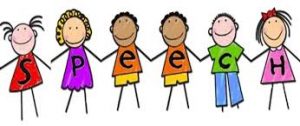 Strategies to Support Language Development
Strategies to Support Language Development
Mary provided several practical strategies for educators and parents to support language development, which I found especially helpful:
- Use Visual Aids: Picture cards, illustrated schedules, and other visual supports help children follow routines and understand instructions, especially if they’re struggling with receptive language.
- Model Gestures and Expressions: Using clear gestures and facial expressions helps children associate meaning with spoken words, enhancing their understanding of verbal communication.
- Encourage a Total Communication Approach: This approach emphasizes the use of any available communication methods—words, gestures, and visual aids—allowing children to express themselves in ways that feel natural to them.
- Promote Both Receptive and Expressive Language: Receptive language is about understanding spoken language, while expressive language is about sharing ideas. Activities like storytelling, following instructions, and encouraging children to describe their thoughts can help strengthen both areas.
- Foster Peer Interactions: Structured play and group activities encourage children to use both verbal and nonverbal communication, building confidence in their language abilities.
The Impact of Early Intervention and Collaboration
A major takeaway from this episode is that early intervention has a significant positive impact on children’s lives. When children receive support early, they’re more likely to hit developmental milestones, which in turn boosts their confidence, academic success, and social skills. Early intervention not only benefits the individual child but also enhances the classroom environment by promoting inclusive communication strategies.
Final Thoughts
My conversation with Mary Plain on the ECE Classroom Podcast underscored the profound role that speech and language development plays in early childhood education. By identifying speech delays early, implementing supportive strategies, and encouraging open discussions with parents, we can help children build a strong foundation in communication. Destigmatizing speech services and normalizing early intervention are steps that empower parents and educators to give children the support they need to thrive.
Stay tuned for more insightful discussions on early childhood education, parenting, and educator empowerment. Let’s continue to learn, grow, and make a difference in the lives of our students every day.
You can listen to the podcast on your favorite podcast platform, or by clicking here: https://open.spotify.com/show/7Hg7rTtRQggsVSCbbOdvP2?si=paCEPiCRRGK7yOfrTTsh8Q
Parenting Tips: The Power of Play
Unlocking Potential: The Power of Play in Parenting
by Susie Beghin, RECE, Founder of Alpha’s Discovery Kids
With so much on their plates these days, parents often find themselves juggling multiple responsibilities, leaving little time for meaningful interactions with their children. However, research shows that parental involvement is crucial for a child’s emotional and cognitive development. In this blog, we will explore how simple strategies can transform playtime into a powerful learning experience, even amidst the hustle and bustle of daily life. We’ll also address the growing concern of screen time and offer engaging alternatives that foster creativity and connection. Plus, don’t forget to check out my book, Parents Learn to Play Too, available on Amazon, for more insights and strategies!
Parent Involvement = Happy, Smart, Confident Kids; Simple Strategies for Impactful Playtime
When parents actively participate in their children’s play, it creates a nurturing environment where kids can thrive. Studies indicate that children with involved parents are happier, more intelligent, and more confident. Here are some simple strategies to maximize your playtime:
1. Be Present
Being physically present is essential, but emotional presence is equally important. Put away distractions like your phone or laptop. Engage in the activity at hand—whether it’s building blocks, playing dress-up, or drawing. Your undivided attention sends a powerful message: “You matter.”
2. Ask Open-Ended Questions
Encourage critical thinking and creativity by asking open-ended questions during play. Instead of simply asking, “How many cars do you have?” try asking, “What do you want to do with the cars?” This not only stimulates their imagination but also fosters problem-solving skills.
3. Incorporate Learning into Play
Transform everyday activities into learning opportunities. Cooking together? Talk about measurements and ingredients. Playing outside? Discuss the weather or observe nature. These subtle integrations of learning will enhance your child’s knowledge while making playtime fun.
4. Create Routines Around Play
Establishing a routine can make playtime a cherished part of your day. Whether it’s a dedicated hour after school or a weekend family game night, consistency helps children look forward to these moments and reinforces the importance of family bonding.
By implementing these strategies, you can create an enriching environment that promotes happiness, intelligence, and confidence in your children.
 No Extra Time to Play? No Problem; Make Every Moment a Learning Moment
No Extra Time to Play? No Problem; Make Every Moment a Learning Moment
Many parents feel overwhelmed by their busy schedules and believe they don’t have time for engaging activities with their kids. However, every moment presents an opportunity for learning! Here are some ways to incorporate educational experiences into your daily routine:
1. Utilize Commute Time
Whether you’re driving or taking public transport, turn your commute into an educational experience. Sing songs together in the car to encourage language development or count the number of white trucks you see. You can turn an ordinary drive into a fun math game.
2. Household Chores as Learning Opportunities
Involve your children in household chores while teaching them valuable life skills. Sorting laundry can become a lesson in colors and patterns; cooking can introduce math through measuring ingredients; cleaning can teach responsibility and teamwork.
3. Use Waiting Time Wisely
Whether you’re waiting at the doctor’s office or in line at the grocery store, use this time to engage with your child. Play simple games like “I Spy” or read books together to pass the time.
4. Bedtime Stories with a Twist
Instead of traditional bedtime stories, encourage your child to create their own tales using prompts or pictures from books you read together earlier in the day. This stimulates creativity while reinforcing literacy skills.
Remember, every moment spent together is an opportunity for growth and connection!
Too Much Screen Time? Let’s Fix That—with Engaging, Screen-Free Activities!
In an age dominated by screens, many children are spending excessive amounts of time on devices—often at the expense of physical activity and imaginative play. Here are some engaging, screen-free activities that will captivate your child’s attention:
1. Nature Scavenger Hunts
Go on a walk in nature and talk about what you see. Print out a list of nature items and try to find them.
2. Arts and Crafts
Set up a creative corner in your home with various supplies like paper, markers, glue, and recycled materials. Encourage your child to express themselves through art projects that can be displayed around the house.
3. DIY Science Experiments
Turn your kitchen into a science lab! Simple experiments like making play dough or baking soda volcanoes not only provide hands-on learning but also spark curiosity about how things work.
4. Building Forts
Utilize pillows, blankets, and furniture to create forts together! This activity promotes teamwork and imaginative play while providing a cozy space for reading or storytelling afterward.
By incorporating these screen-free activities into your routine, you can foster creativity and strengthen family bonds without relying on screens.
Parental involvement is key to raising happy, smart, and confident children. By embracing simple strategies during playtime and making every moment count—even amidst busy schedules—you can create lasting memories that enrich your child’s development.
For more insights and activity ideas on how to engage with your child through play effectively, be sure to check out my book Parents Learn to Play Too, available on Amazon! Together we can unlock the incredible potential within our children through the power of play!
Parents are The First Educators
Parents are The First Educators
by Susie Beghin, RECE, Founder of Alpha’s Discovery Kids
In the latest episode of my podcast, The ECE Classroom, I had the pleasure of interviewing Amanda DaCosta, a supervisor at Alpha’s Discovery Kids Preschool and Daycare. Our conversation was all about the importance of play in early childhood education and how parents can get involved to support their children’s learning and development. The insights Amanda shared are valuable for both educators and parents.
The Importance of Play
Play is not just a fun activity for children; it is a fundamental aspect of their learning and development. Research consistently shows that children learn best through play and in our discussion, Amanda emphasized that play is the best way to engage children in academics and other developmental milestones. It allows children to explore, create, and learn at their own pace. By understanding the significance of play, parents can better support their children’s growth and learning experiences.

Parents as the First Educators
One of the key themes of our conversation was the recognition of parents as the first and best educators for their children. Amanda passionately stated, “Parents are the first, I think the best educator because they know the child best.” This perspective highlights the critical role parents play in shaping their child’s educational journey.
Parents often underestimate their influence on their child’s education. By being actively involved in their child’s play, parents can help reinforce concepts learned in preschool or daycare. For example, if a child is learning about colors, parents can incorporate color games during playtime at home. This not only solidifies the child’s learning but also strengthens the bond between parent and child.
Utilizing Everyday Household Items
Amanda shared practical tips on how parents can use everyday household items for play and learning. She encouraged parents to look around their homes for resources that can stimulate creativity and exploration. Simple items like cardboard boxes, kitchen utensils, and art supplies can become powerful tools for imaginative play. This approach not only makes learning accessible but also reinforces the idea that education can happen anywhere, not just in a classroom setting.
The Four Pillars of Learning
We also discussed the “four pillars of learning” that we believe are essential for child development:
- Language and Literacy: Encouraging reading and storytelling to enhance language skills. This can include reading aloud, discussing stories, and even creating their own stories together.
- STEAM: Integrating science, technology, engineering, arts, and mathematics into play to foster critical thinking. Simple experiments, building projects, and artistic activities can spark a child’s interest in these areas.
- Physical Activity and Nutrition: Promoting healthy habits through active play and nutritious meals. Physical activity is crucial for developing motor skills and overall health, while nutrition plays a key role in cognitive development.
- Mindful Awareness: Teaching children to be present and aware of their feelings and surroundings. Mindfulness activities can help children manage their emotions and develop a sense of empathy towards others.
These pillars serve as a framework for parents and educators to create enriching experiences that support holistic development. By focusing on these areas, parents can ensure that they are nurturing well-rounded individuals who are prepared for future challenges.
The Importance of Communication
Another vital aspect we explored was the importance of communication between educators and parents. Amanda stressed that effective communication is crucial in demonstrating the value of play-based learning. By sharing insights, resources, and strategies, educators can empower parents to engage in their children’s learning journeys. Regular updates and workshops can help parents understand the significance of play in their child’s development, fostering a collaborative approach to education.
“Parents Learn to Play Too” Book
We also spoke about my book being released on Sept 15th, Parents Learn to Play Too, which serves as a guide for parents looking to incorporate play into their daily routines. This resource offers a variety of activities and tips that can easily be integrated into family life, making it an invaluable tool for fostering learning through play.
Favorite Activities for Parents and Children
As we wrapped up the episode, I reflected on just how much play impacts early childhood education. Amanda and I agreed that empathy, communication, and creativity are key to fostering a love of learning. Our conversation left me feeling inspired and excited to share these insights with listeners. It’s a powerful reminder of the critical role parents play in their child’s education, and how play is the foundation for learning.
Stay tuned for more insightful discussions on early childhood education, parenting, and educator empowerment. Let’s continue to learn, grow, and make a difference in the lives of our students every day.
You can listen to the podcast on your favorite podcast platform, or by clicking here: https://open.spotify.com/show/7Hg7rTtRQggsVSCbbOdvP2?si=paCEPiCRRGK7yOfrTTsh8Q


